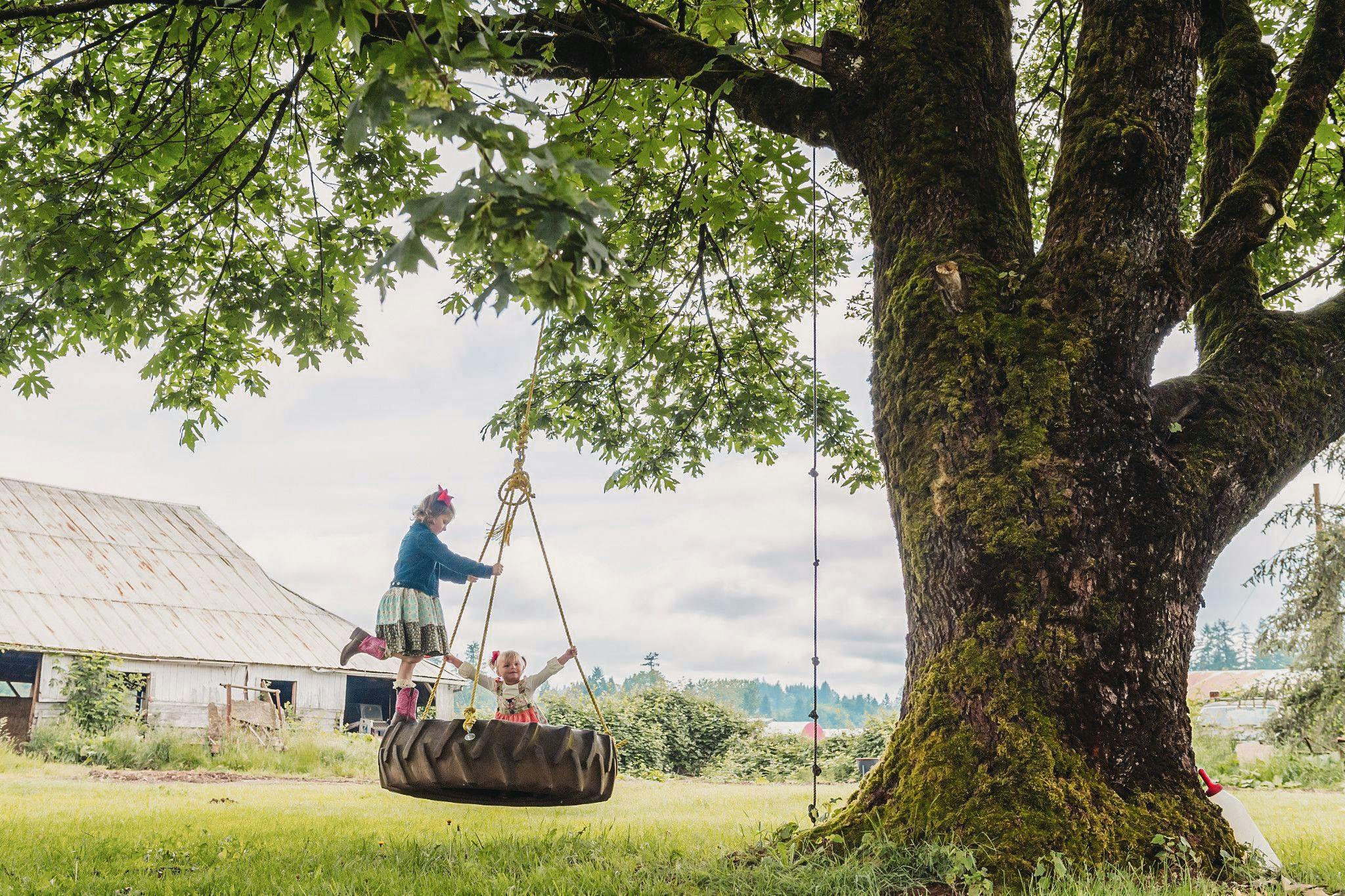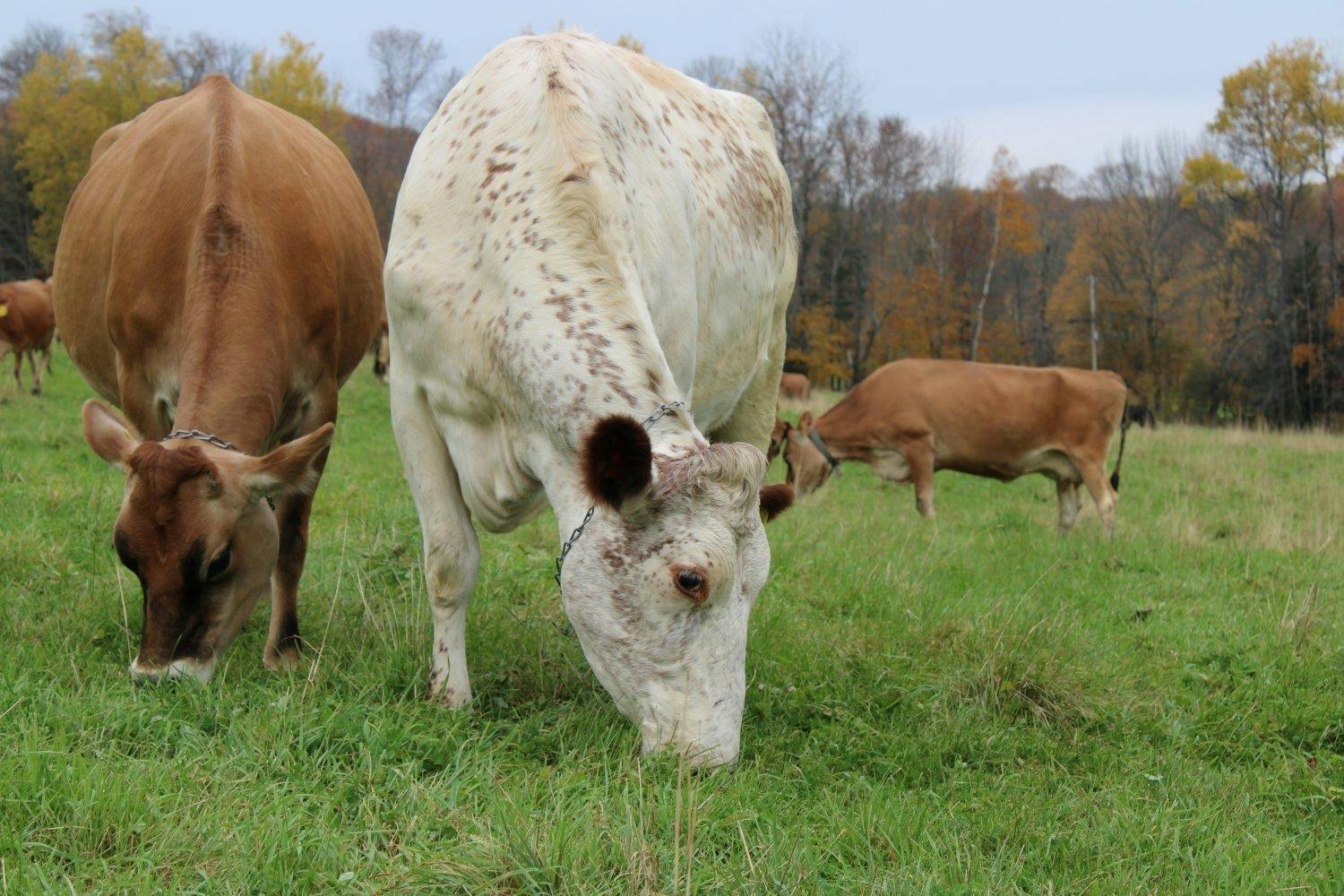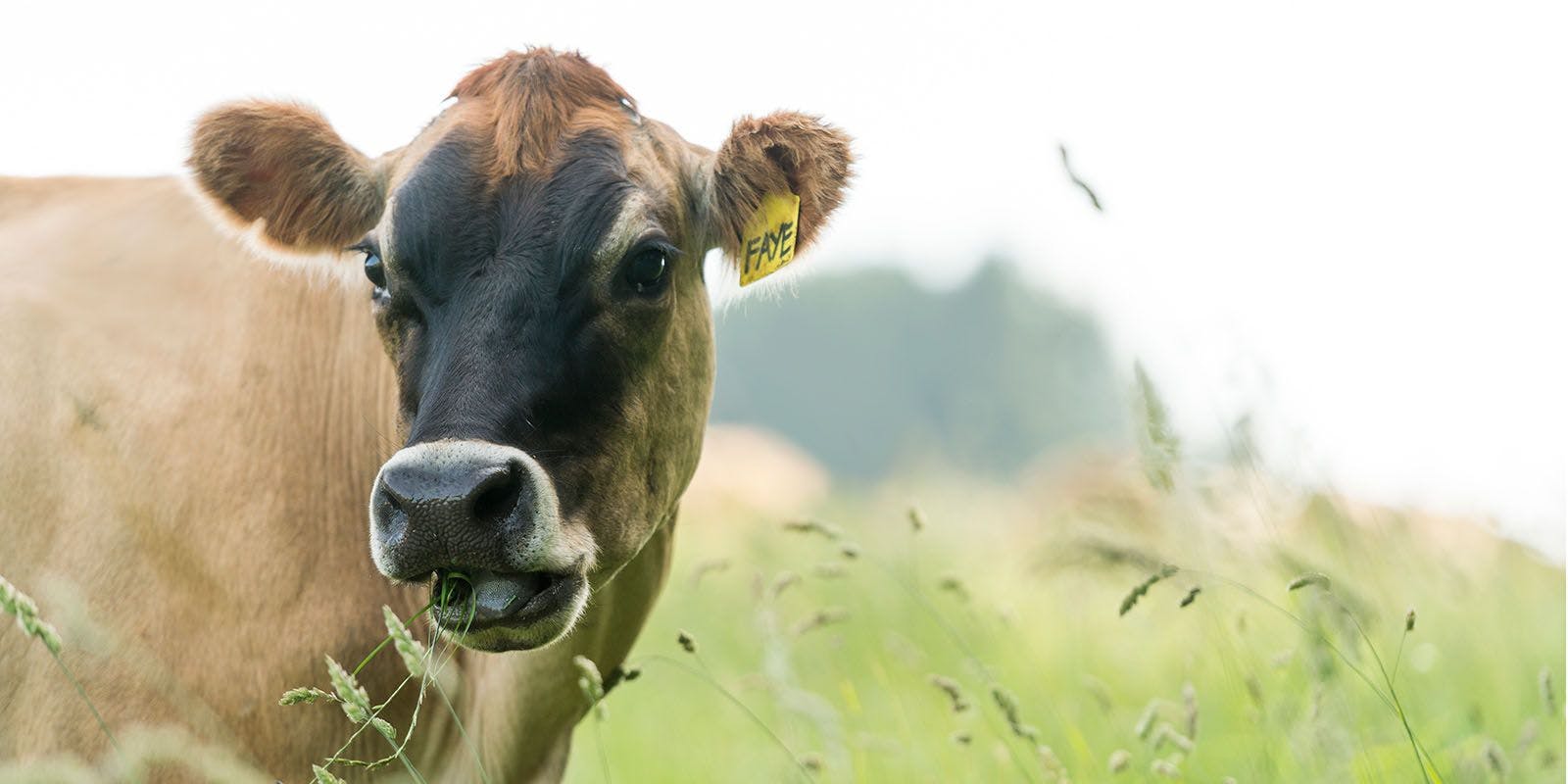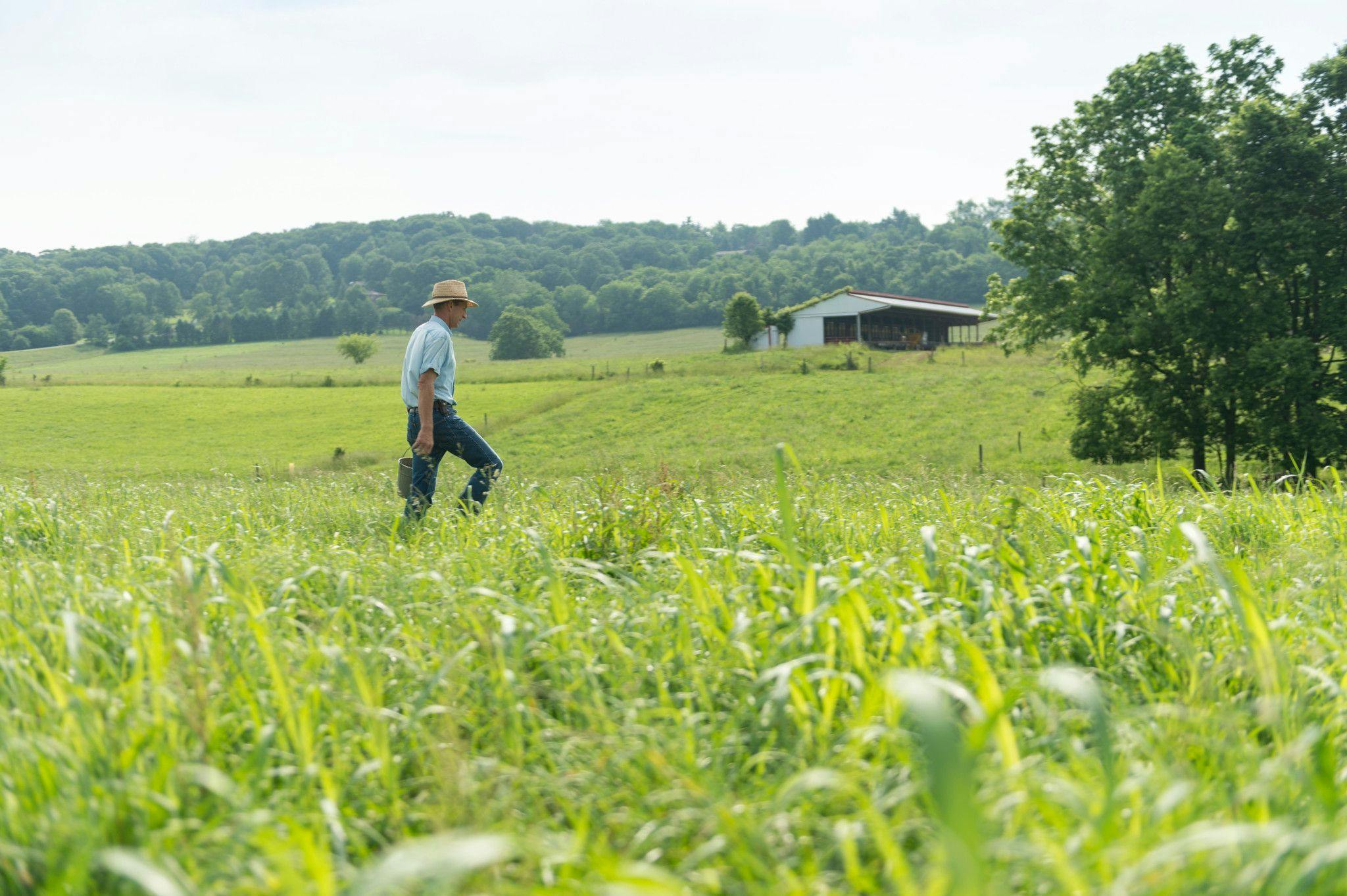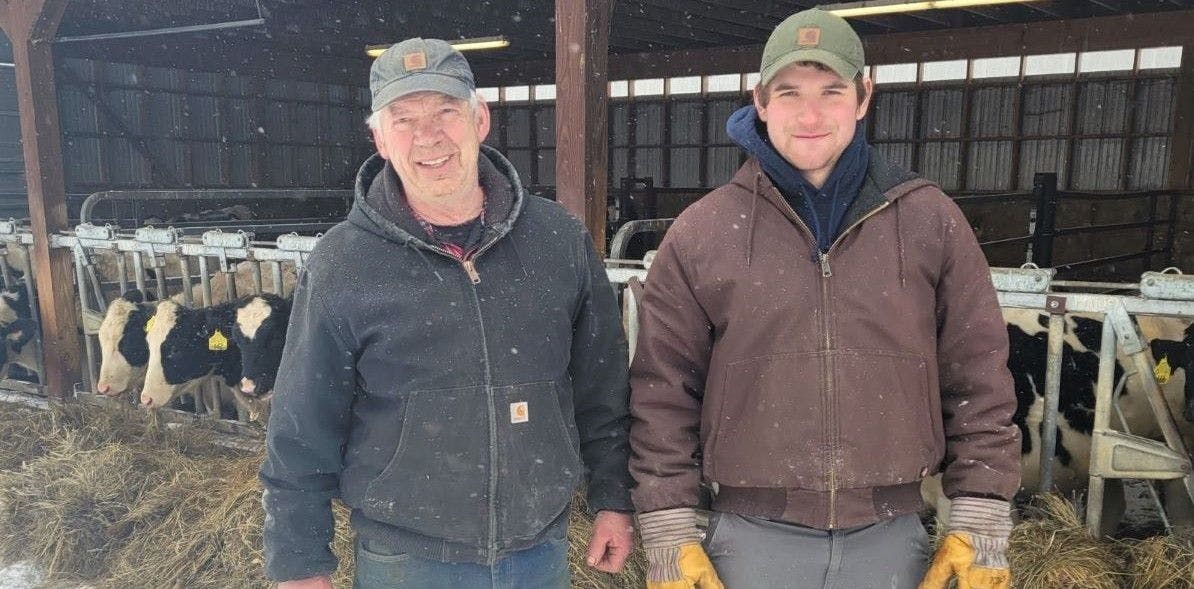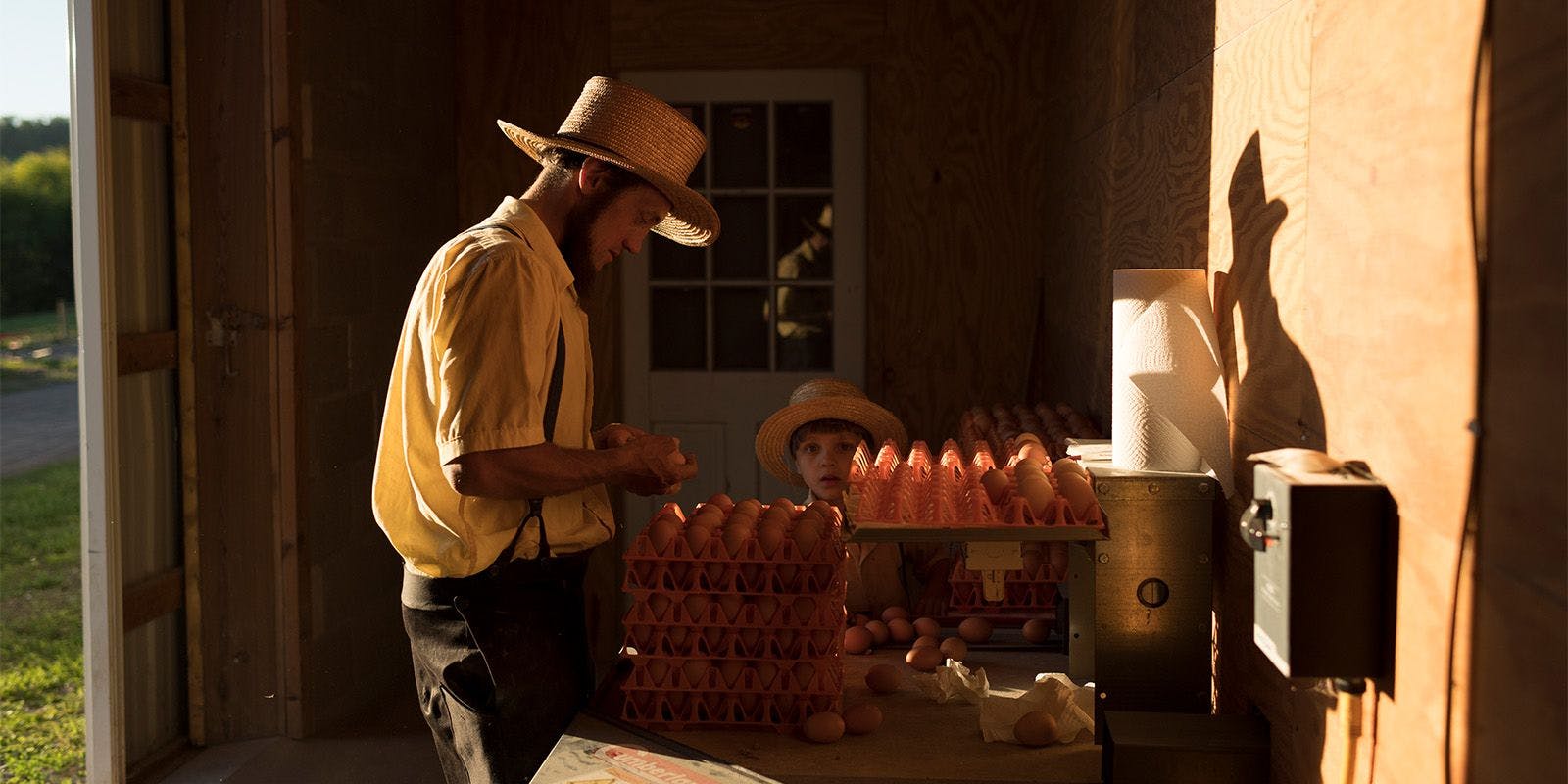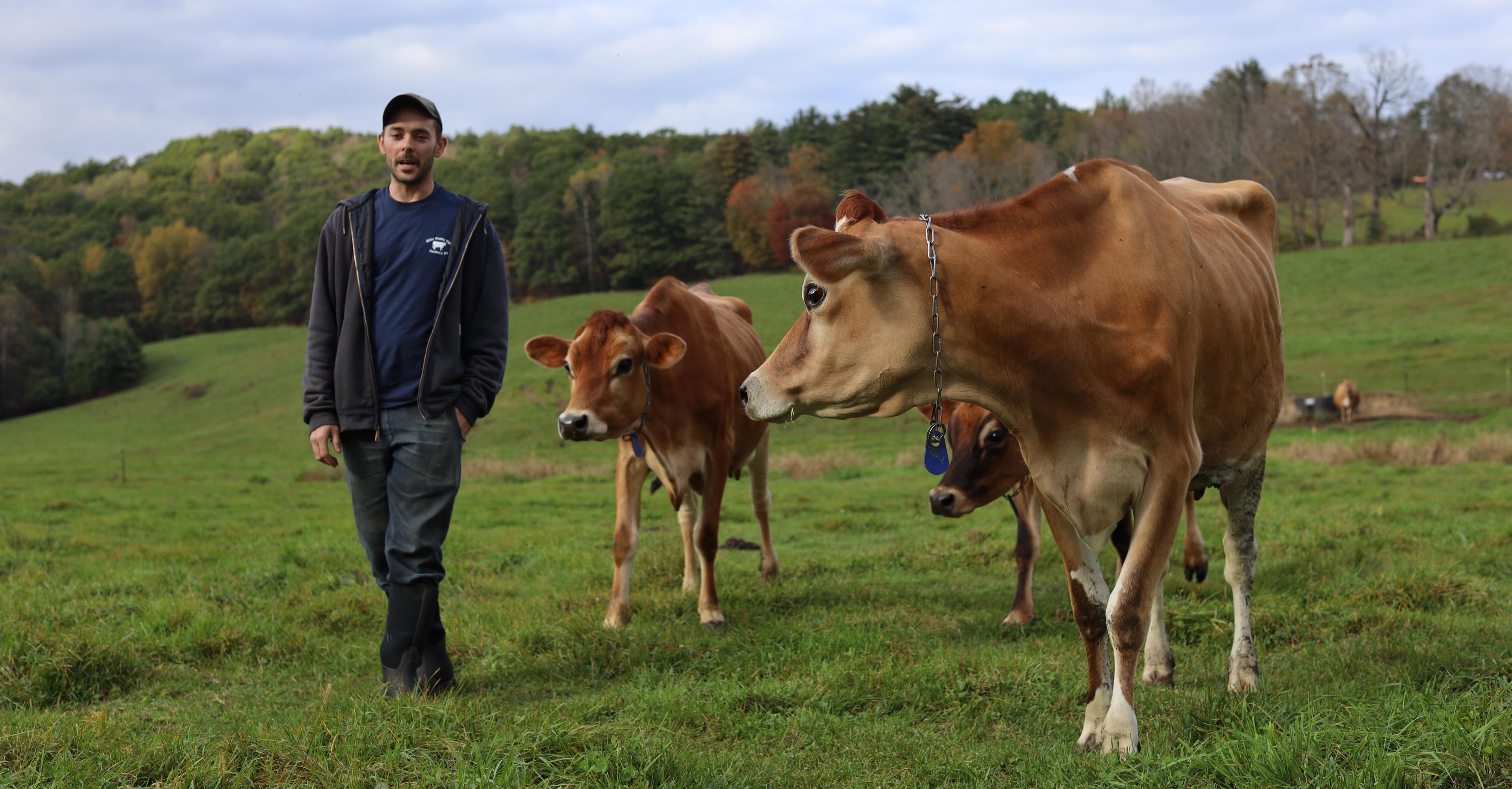
Farming
Determined Vermont Man Putting Pieces of Farm Back in Place
Like a jigsaw puzzle, a Vermont man is putting a farm back together. Piece by piece, he is reclaiming the buildings and land to the caliber they were before cobwebs overtook the old barn and unused farm equipment obstructed the views.
However, it took Organic Valley farmer Kyle Leibold about 10 years and a lot of tenacity to get the opportunity to arrange Sittin’ Pretty Farm to his liking. He wanted to be a dairy farmer for as long as he can remember.
Thousands of family farms have disappeared from the landscape, so how would a 20-something-year-old procure and start a dairy farm without having a direct connection to the land and resources needed? Leibold’s grandparents had raised cattle, but no other family members farmed.
“Anyone who knows me knows I’ve always wanted to farm,” he said.
Leibold helped friends and worked on dairy farms from early on.
“It’s really a great way of life,” he said of stewarding land and caring for animals. “There are rewards everywhere. I don’t know what more you could ask for.”
After graduating high school, Leibold continued working on a farm. Then he rented a farm, driving 20 minutes each way to milk cows twice a day. But he wanted his own — and he wasn’t going to give up on finding one.
Leibold drove the back roads of Vermont for years, stopping intermittently at farms that piqued his interest and asking strangers if they were willing to sell. Time after time, he was told, “No.”

The owner of this Vermont farm did not want to sell the first time Leibold asked to purchase it.
While traveling the interstate, he spotted an impressive farm in a valley below a bridge. That was the farm he had to have. He found his way off the interstate, to the backroads and down a dead end that ended at the farm. When he talked to the owner about selling, like so many others, the owner said, “No.”
Leibold continued working for farmers and took other jobs to save money for a farm — if he could just get his hands on one. He occasionally stopped to talk to the man off the interstate and “bug him and bug him” to sell. The answer was always “No.” The two became friends, and Leibold would follow him around the farm, watch him milk cows and talk.
Last year, after 10 years of trying, Leibold swung into the farm, and the farmer said, “I’m ready to sell the herd.” This was it — his lifelong goal and his dream were coming true. “I never stopped looking for the opportunity,” Leibold said. “This was always the plan.”
Finally, a Farm of his Own
The farm was once a show farm, where farmers brought top-notch cattle for auctions and display. That grandeur was not apparent in 2022, and a lot of work was ahead.
The house and original barn were built in the 1800s and in need of repair. Leibold is remodeling the interior of the house and cleaning the cow pasture, which was littered with literal tons of old farm equipment and other useless items. He removed an old silo and put up fences to keep the cows from entering the Wells River that flows through his property.
“It definitely needed some love,” Leibold said. “It’s been a long road getting it picked up.”
The 32-year-old enjoys the work of putting the farm back together, and his four-legged companion, Ricker, is always at his side.
“Putting up fences is not a chore. Why not be out with the breeze blowing and the river flowing,” Leibold said while standing in the lush green pasture, backdropped by trees sporting leaves of all colors.

Putting a Fence Up — Again
Leibold milks 34 Jersey cows. They spend their days on pastures and come in for milking twice a day. The farmer before Leibold allowed the cows to “play” in the river. Leibold spent hours putting a fence up along the river for the cows’ safety. The fence also protects water quality and prevents riverbank erosion.
After days and days of decluttering the farm and adding fences, a rainstorm hit. Leibold knew the rain was coming and brought the cows to the barn — thankfully. On July 10, his field was under more than 2 feet of water after about 8 inches of rain fell in a short period of time. Water overflowed the Wells River’s banks and riverbanks across the region, causing catastrophic flooding.
When the water receded, Leibold and Ricker were back in the field fixing the fences and, again, picking up debris that littered his field.
A passionate farmer, Leibold was not discouraged. The cows are safe, the river again flows peacefully and what could be viewed as a challenge is another opportunity for him to make an intimate connection with the land. Leibold is passionate.
“I am very dedicated to this farm,” he said. “Let’s revive this and bring this back to life.”
His dedication is getting noticed. Recently, Leibold’s neighbor offered the use of his pasture to let Leibold’s cows graze. He was so happy to see the farm revitalization that he wanted to help his new, determined neighbor.

Leibold uses the newest addition to the barn as his milking parlor.
Determined and Downright Scrupulous
The results of Leibold’s efforts are apparent. He uses a portion of the barn that was added to the original structure to milk cows, and it is spotless (so much so that this writer was unsure if she should remove her muddy boots before entering!).
The state of Vermont deemed his milk house cleanliness “exceptional.” Milk is cooled and stored in the milkhouse, and cleanliness is of the utmost importance. (Organic Valley is adamant about quality milk, and all milk goes through 57 quality checks.)
Leibold’s milk house and methodology are spotless. Here is proof of how meticulous he is: A truck picks up milk every few days, and it is not unheard of for a farm to produce the exact milk weight two pickups in a row. However, Leibold’s milk weighed the same four times. It is unheard of to have a weight to the pound when we are talking about 2,468 pounds of milk!
“My quality is what I make it,” Leibold said.
While walking the fields sharing his story, Leibold often checked his watch to ensure he could milk the cows at their usual time. He created new nameplates above each cow’s stall listing information about that particular animal.
The cows have comfortable quarters for milking, but Leibold intends to make it more so by adding new comfort mats for them to lie on. He consistently watches his cows to ensure their needs are met. He says having a small herd allows him to keep an eye on the cows he knows so well.

On Organic and Farm Loss
Sept. 1, 2022, is the first day he shipped milk with Organic Valley.
“Organic farming for me is for the health of the animals, the health of the land and the product that we are selling,” he said. “We are making milk we are proud of. It always amazes me the cows are given no medication of any kind, and they are doing great.”
Organic farming has been shown to reduce pollution, decrease soil erosion, conserve water, boost biodiversity, improve soil fertility and fight the effects of climate change.
While he is proud of the milk quality from his cows, farming is not a competition between organic and conventional, or farmer and farmer, Leibold said.
In 1947, Vermont was home to more than 11,000 dairy farms. The majority are gone. In 2013, Vermont was home to 939 cow dairy farms, compared to 583 farms in 2021, according to the Vermont Agency of Agriculture. Of those, 162 farms are organic dairy farms.
“Farming is a community, and organic farming is an even smaller community. There are a lot of farmers helping each other out. It breaks my heart to see the loss of farms,” Leibold said.
Organic Valley is dedicated to providing a sustainable pay price to the more than 1,600 organic farmers so they don’t have to go big or get out.

A former resident gave Leibold this puzzle featuring a photo of his farm.
Student journalists recently featured Leibold in a YouTube video. Check it out: Sittin' Pretty Farm
His Farm Truly Is a Puzzle
A woman who once lived on Leibold’s farm gave him an unopened vintage Golden Guild-brand jigsaw puzzle. It was a beautiful picture of a farm simply named “Vermont Farm,” with fall foliage illuminating the backdrop.
What a surprise — it was a photo of Leibold’s farm in its glory days — the farm he always wanted and the farm he will continue to piece back together.
“It’s a beautiful way of life. I get to be home with my dog every day. I get to be on my land every day.”
An antique typewriter fanatic and chicken mom who treasures time outdoors admiring all that nature has to offer, Jennifer McBride is Rootstock’s editor. McBride spent 15-plus years as a journalist and newspaper editor before finding her niche with the nation’s leading organic dairy cooperative. Contact her at Rootstock@organicvalley.com.
Related Articles
- Tags:
- farm life














